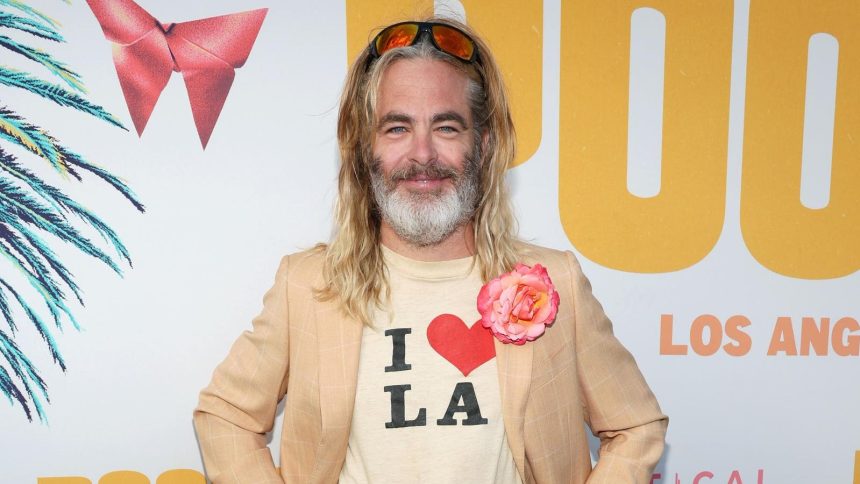2024 proved to be a mixed bag for cinema, offering both critical darlings and significant disappointments. Alongside acclaimed releases like Inside Out 2, Deadpool & Wolverine, and Longlegs, a slew of films landed with a resounding thud, drawing the ire of critics and earning spots on various "worst of" lists. These critical misfires ranged from big-budget spectacles to independent endeavors, demonstrating that star power and substantial funding are no guarantee of quality. The year’s cinematic landscape became a battleground of contrasting fortunes, highlighting the unpredictable nature of filmmaking and the ever-shifting sands of audience taste.
One of the most prominent critical targets was Chris Pine’s directorial debut, Poolman. Variety critic Owen Gleiberman placed it at the very top of his "worst of" list, labeling it an "absurdist disaster of an L.A. noir." This placement signaled a significant misstep for Pine, whose foray into directing and screenwriting failed to capture the critical acclaim he enjoys as an actor. Other films drawing Gleiberman’s criticism included Lisa Frankenstein, a monster-themed romantic comedy dismissed as an overcomplicated SNL sketch, and Reagan, a biopic starring Dennis Quaid that sparked controversy for its perceived political timing and overall quality. Gleiberman’s list underscored the diversity of critical failures in 2024, encompassing various genres and budgets.
Variety critic Peter Debruge offered a different perspective on the year’s cinematic lows, targeting Zack Snyder’s Rebel Moon: Director’s Cut for its excessive length and derivative nature. He also took aim at Harold and the Purple Crayon, an adaptation of a beloved children’s book that seemingly failed to capture the source material’s magic. Debruge’s top spot, however, was reserved for Luc Besson’s DogMan, a crime thriller deemed a poorly conceived and executed attempt at gritty psychological drama. The Mouse Trap, a horror film capitalizing on the public domain status of Mickey Mouse, also drew Debruge’s ire, demonstrating the pitfalls of exploiting familiar characters for shock value without substance.
Beyond individual critics, aggregate sites like Metacritic provided a broader overview of 2024’s cinematic disappointments. Their list of 15 worst films encompassed a range of genres, from the animated misfire The Garfield Movie to the ill-fated remake of The Crow. High-profile releases like Eli Roth’s Borderlands and Marvel’s Madame Web also found themselves among the critically panned, demonstrating that even established franchises are not immune to failure. The obscure sci-fi horror comedy Lumina earned the dubious distinction of topping Metacritic’s list, achieving a single-digit Metascore and highlighting the potential for even smaller films to fall spectacularly short of expectations.
The Metacritic list further illuminates the range of critical failures in 2024. Films like Killer Heat, AfrAId, and Winnie-the-Pooh: Blood and Honey 2 represent various genres struggling to find critical favor. The inclusion of Reagan on both Gleiberman’s and Metacritic’s lists emphasizes its particularly negative reception, solidifying its status as one of the year’s most controversial and criticized films. Poolman, appearing on both lists as well, reinforces the widespread disappointment surrounding Pine’s project.
While Rotten Tomatoes did not compile a specific "worst of" list, they did award one film a 0% rating: Sylvester Stallone’s action film Armor. This absolute rejection by critics represents a significant low point for Stallone, further diversifying the spectrum of 2024’s cinematic disappointments. The year’s critical landscape ultimately revealed a complex interplay of factors contributing to failure, from misjudged adaptations and derivative concepts to poorly executed scripts and questionable directorial choices. The presence of established stars and large budgets did little to shield these films from negative reviews, suggesting that quality storytelling and artistic vision remain paramount regardless of external factors.



